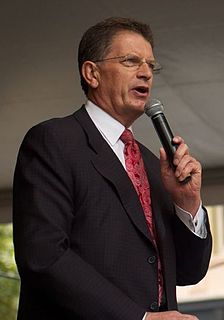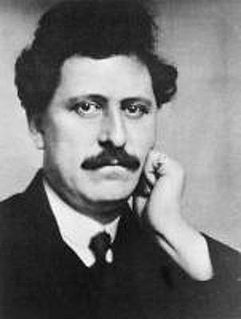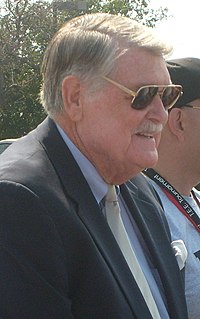A Quote by Walter Gropius
The days of the painter at the Bauhaus appear to be truly over. They are estranged from the actual core of present activities, and their influence is more restricting than inspiring.
Related Quotes
At its very core the story of Easter has nothing to do with angelic announcements or empty tombs. It has nothing to do with time periods, whether three days, forty days, or fifty days. It has nothing to do with resuscitated bodies that appear and disappear or that finally exit this world in a heavenly ascension.
When the artist is truly the servant of the work, the work is better than the artist; Shakespeare knew how to listen to his work, and so he often wrote better than he could write; Bach composed more deeply, more truly than he knew, Rembrandt's brush put more of the human spirit on canvas than Rembrandt could comprehend. When the work takes over, then the artist is enabled to get out of the way, not to interfere. When the work takes over, then the artist listens.
We fear discovering that we are more than we think we are. More than our parents/children/teachers think we are. We fear that we actually possess the talent that our still, small voice tells us. That we actually have the guts, the perseverance, the capacity. We fear that we truly can steer our ship, plant our flag, reach our Promised Land. We fear this because, if it’s true, then we become estranged from all we know. We pass through a membrane. We become monsters and monstrous.
You've got a lifetime to mull over the Buddhist understanding of interconnectedness." He spoke every sentence as if he'd written it down, memorized it, and was now reciting it. "But while you were looking out the window, you missed the chance to explore the equally interesting Buddhist belief in being present for every facet of your daily life, of being truly present. Be present in this class. And then, when it's over, be present out there," he said, nodding toward the lake and beyond.' ~Dr. Hyde, pg 50







































